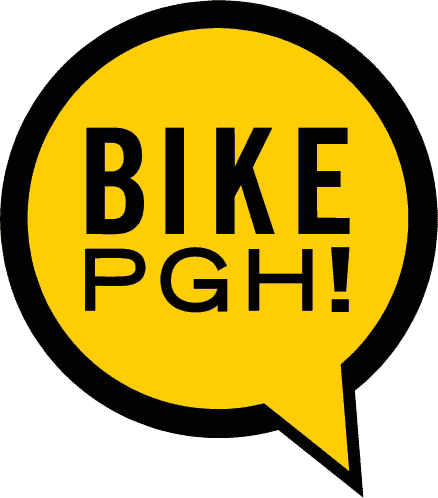Well, after I installed my new cassette, I noticed that the wheel was kind of badly out of true. But I thought - what the hell, I can't be afraid of doing this forever. Since I don't have a truing stand, I rigged up a zip-tie and I got that thing really close to perfect... I was pretty proud of myself.
I went to touch up one last spot that was a tiny bit out, on the opposite side of the wheel from where I had been working, and I noticed something a bit weird. At first I thought it was just the decal, especially since it was caked in grime... but then I realized the rim was broken. Then I found another spot (approx 90 degrees away) with the same thing.
https://picasaweb.google.com/116133033521423804230/BrokenRim2
Looking at the wheel picture, the broken areas are at approximately 6 and 9 o'clock. The valve stem is at 3 o'clock, and the spokes I was working on were generally from 1 o'clock to 4 o'clock.
So, question 1 is obviously could I have done this when I was truing the wheel?
I swear I did not touch the nipples where it is broken. (ok, I did turn the one for the "final touchup" but it was only 1/8 a turn and I'm pretty sure it was already broken before I did that.) It was all on the opposite side, near the stem. I was using 1/4 or 1/8 turn increments. I did some spokes multiple times but I think the most I turned any one spoke in total was 1/2 of a turn, but let's say a full turn just in case. Would that be enough to break the rim on the opposite side?
I'm guessing I didn't break it, and that was instead the reason the wheel was out of true to begin with, but I just don't know... aside from messing around in the Free Ride class I've never done any wheel truing.
If it wasn't me, then what? Was the wheel built improperly? Is it because of my fat ass (er, I mean the heavy amount of cargo I haul)? Should I get 36 spoker instead of 32? IIRC the cups on that hub are slightly pitted so I guess I might as well start over.

